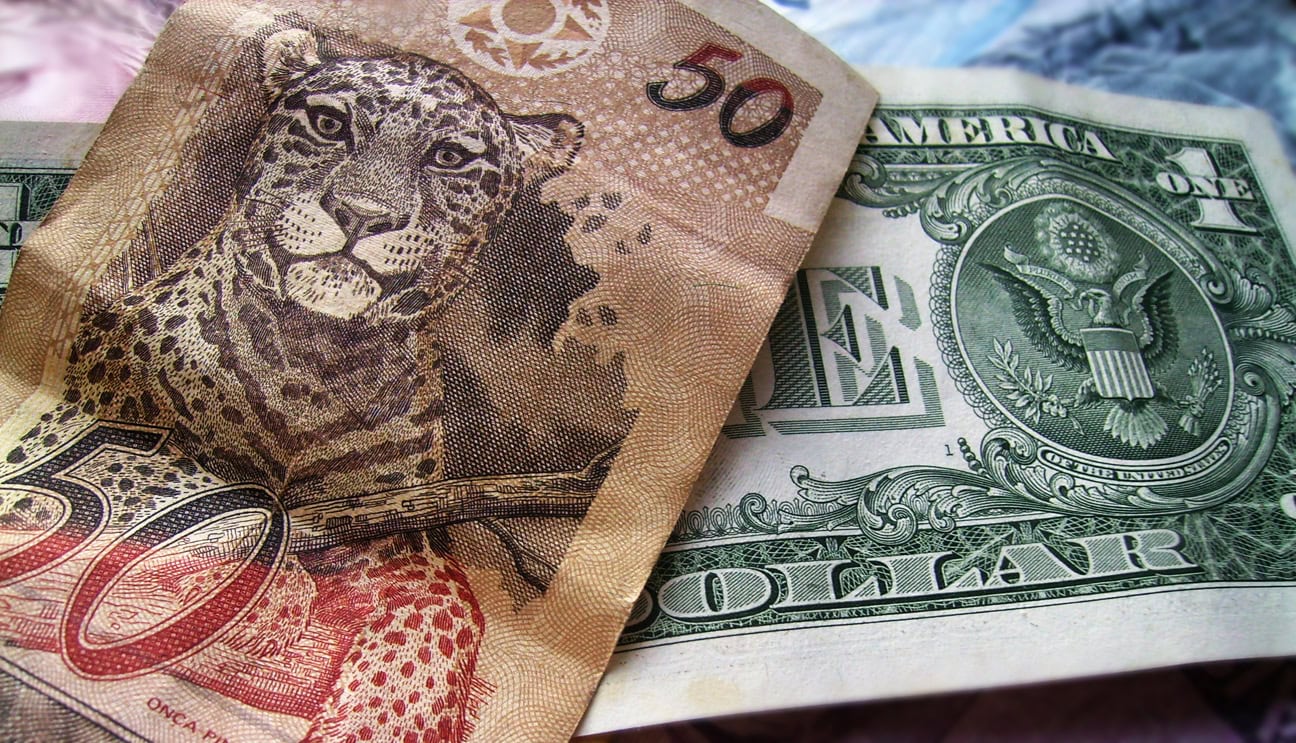Amidst economic uncertainty and growing global pressures, the Brazilian real plummeted to historic lows today, with the dollar soaring to unprecedented heights against the national currency.
The dollar reached R$ 5.27 on Tuesday (16), the highest value in over a year, since March 23, 2023, when the American currency reached R$ 5.29.
The sudden surge in the dollar’s value has sent shockwaves across Brazil’s financial markets, sparking concerns among investors and citizens alike.
Analysts attribute this surge to a confluence of factors, including rising inflationary pressures in the United States, geopolitical tensions, and domestic economic challenges.
The American currency had already started to rise last week because there is an expectation that US monetary policy will remain tight for longer than initially expected. High inflation, a heated economy, and he speeches of Fed leaders led the market to understand that there is still a long way to go before the institution becomes comfortable and can cut interest rates.
With higher interest rates in the US, the dollar also rises — not only in Brazil, but around the world. This is because keeping money in the US is more attractive for investors. The interest rate in the US is currently between 5.25% and 5.5%, which is too high for Americans.
The domestic scenario is not helping either. Brazil, South America’s largest economy, has been grappling with a slew of economic woes in recent months, exacerbating the volatility in its currency markets. High inflation rates, sluggish growth, and political instability have eroded investor confidence, leading to capital flight and exacerbating currency depreciation.
The soaring dollar has far-reaching implications for the average Brazilian citizen. Imported goods, including essential commodities and consumer goods, are expected to become more expensive, further straining household budgets already stretched thin by inflationary pressures.
Businesses, particularly those reliant on imported inputs, are also feeling the pinch, as higher production costs threaten profit margins and competitiveness. Small and medium-sized enterprises, in particular, are vulnerable to the adverse effects of currency volatility, raising concerns about job losses and economic hardship.
But, if you are planning to visit the country soon, that may be a good time to buy the Brazilian currency.
Source: UOL



